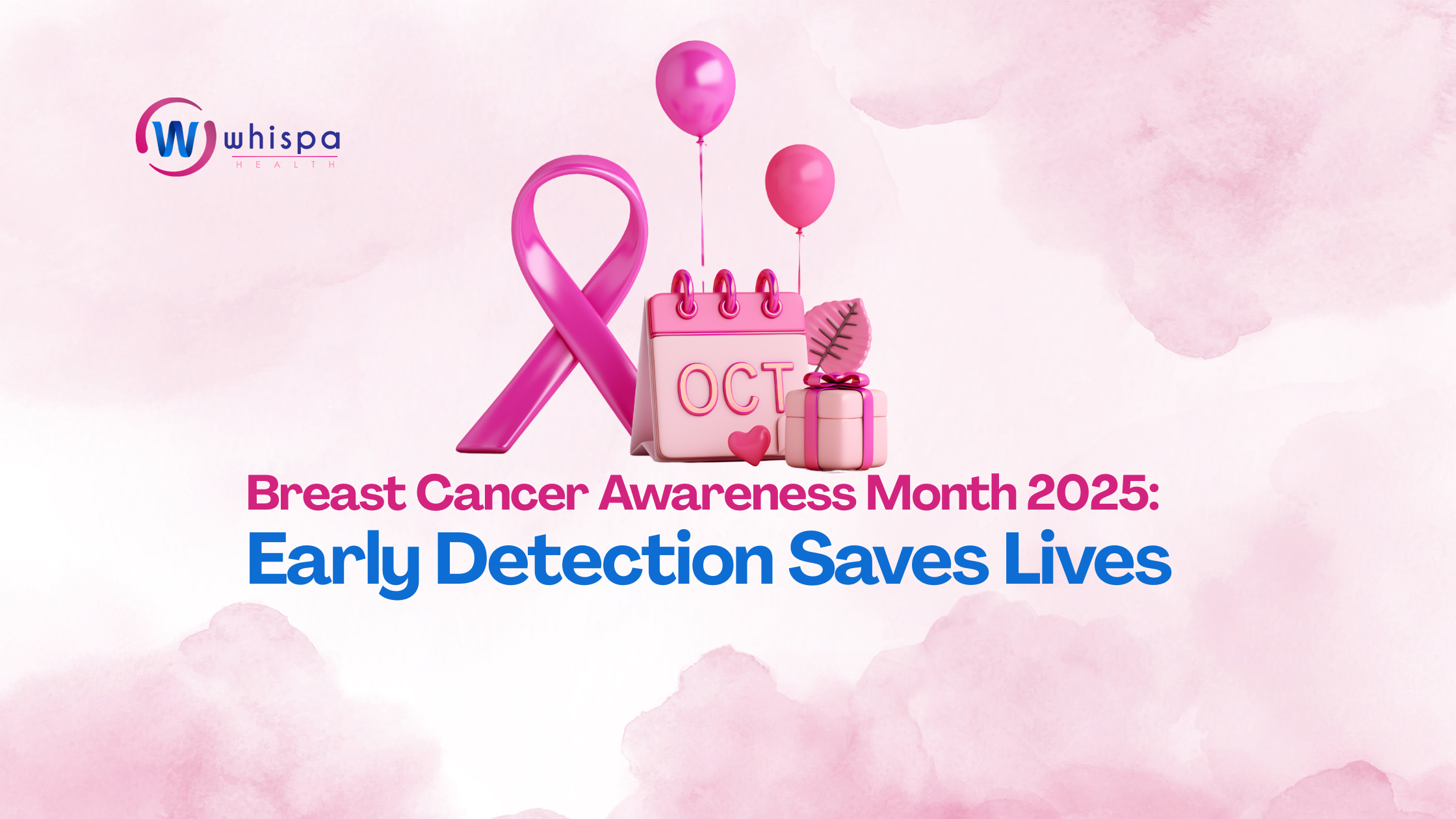August is National Immunization Awareness Month, a time dedicated to highlighting the critical role vaccines play in protecting our health. Immunization is a crucial component of public health that shields individuals and communities from infectious diseases. This blog post explores the benefits of vaccines, how they work, and why staying up-to-date on immunizations is essential for everyone.
What is Immunization?
Immunization involves administering a vaccine to stimulate an individual’s immune system to develop protection against specific diseases. Vaccines typically contain weakened or inactive parts of a particular organism (antigen) that trigger an immune response within the body.
Benefits of Vaccination
Protection for Individuals:
Vaccines provide personal protection against serious diseases like measles, mumps, rubella, influenza, and more. They reduce the risk of infection and complications related to these diseases.
Community Immunity:
Also known as herd immunity, this occurs when a high percentage of the community is vaccinated, making the spread of disease from person to person unlikely. Even those who cannot be vaccinated, such as infants or individuals with certain health conditions, receive some protection because the spread of contagious diseases is contained.
Eradication and Control of Diseases:
Vaccines have led to the eradication of diseases like smallpox and have brought others, such as polio, to the brink of elimination. Continued immunization efforts are crucial for maintaining control over these diseases.
Cost-Effectiveness:
Preventing disease through vaccination is more cost-effective than treating it after an outbreak. Vaccines reduce healthcare costs by preventing illnesses that would otherwise lead to hospitalizations, long-term treatments, and complications.
How Vaccines Work
Vaccines work by mimicking disease-causing organisms, prompting the immune system to recognize and fight these pathogens. When vaccinated, the body produces antibodies, just as it would if you were exposed to the disease. However, because the vaccine contains only a weakened or inactive form of the pathogen, it does not cause the disease itself.
Once the immune system has been exposed to the vaccine, it is prepared to recognize and combat the actual disease in the future. This process helps prevent illness or reduce its severity.
Common Myths About Vaccines
Myth: Vaccines can cause the disease they are meant to prevent.
Fact: Vaccines contain inactivated (killed) or weakened parts of the virus or bacteria, or just a small part like a protein. These components are not capable of causing the disease.
Myth: Vaccines are not safe and have severe side effects.
Fact: Vaccines undergo rigorous testing and monitoring for safety and efficacy. Most vaccine side effects are minor and temporary, such as soreness at the injection site or a mild fever.
Myth: Natural immunity is better than vaccine-acquired immunity.
Fact: While natural immunity can provide robust protection, it comes with the risk of severe illness and complications. Vaccines provide a safer way to become immune without experiencing the disease itself.
As we celebrate National Immunization Awareness Month, it’s important to recognize that vaccination remains one of the most effective public health interventions. Staying informed and up-to-date with vaccinations is crucial for protecting ourselves and our communities.
Consult with Whispa Health to ensure you and your family are protected against preventable diseases.
Celebrate National Immunization Awareness Month by ensuring your vaccinations are up-to-date and contributing to a healthier community.




